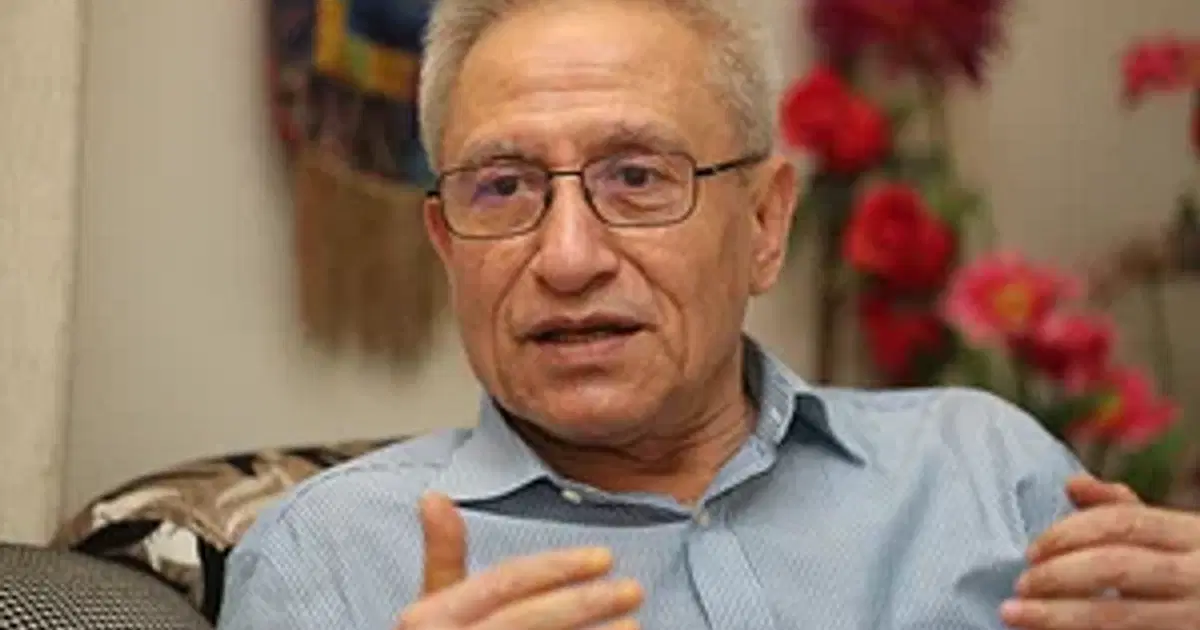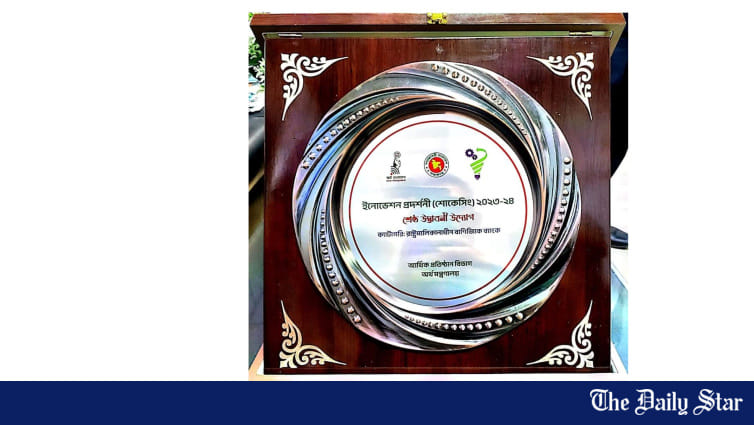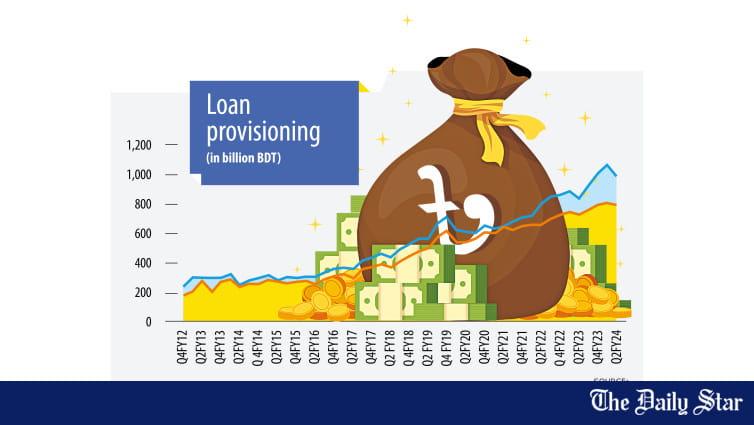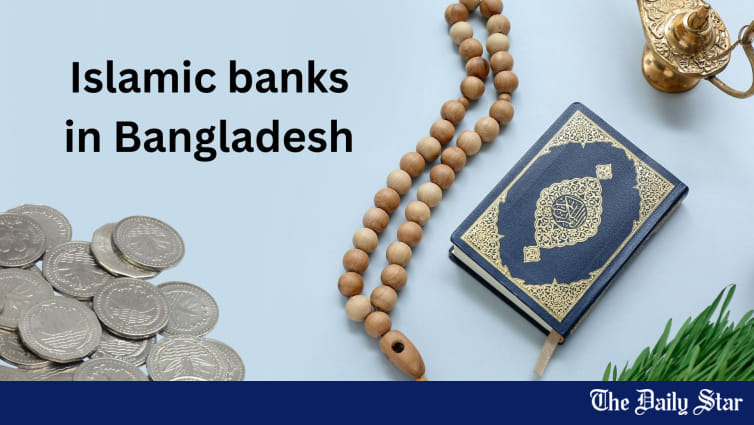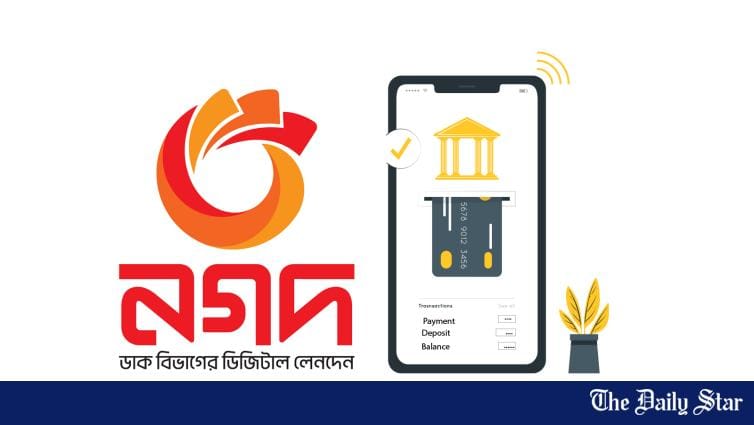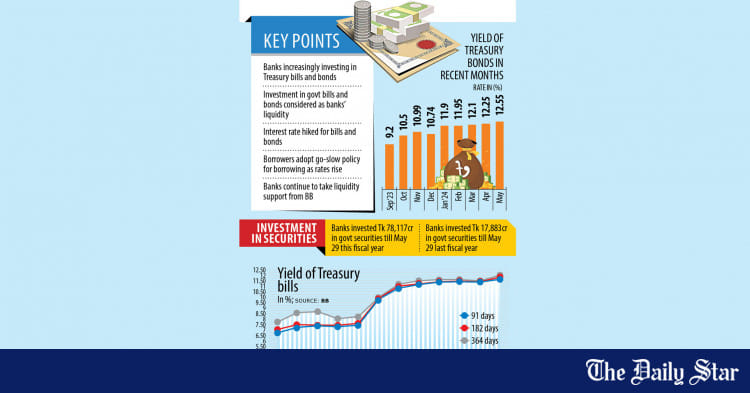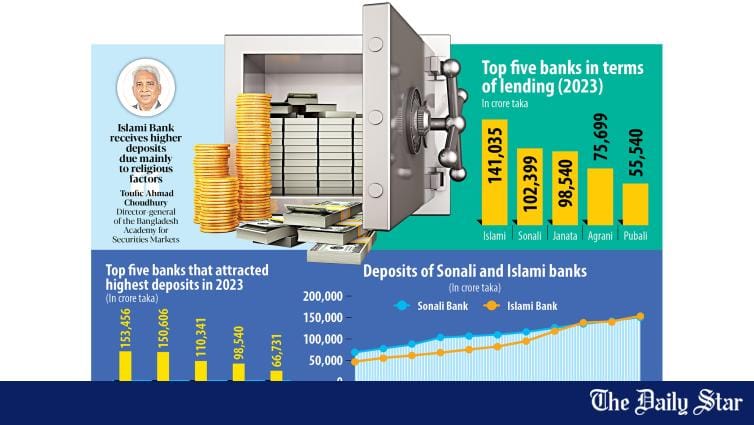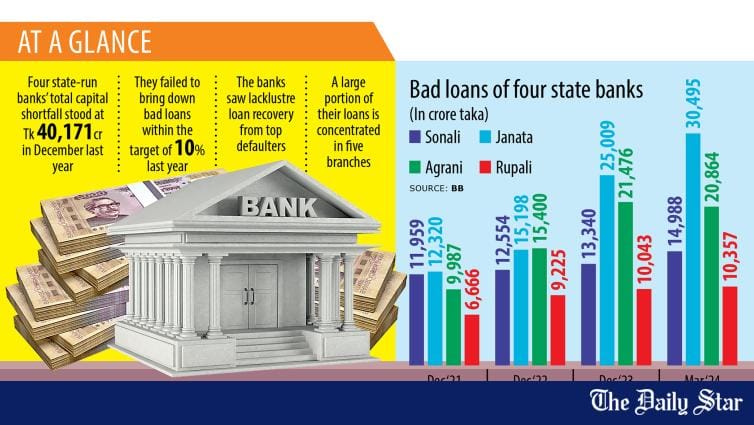- Copy to clipboard
- Thread starter
- #21
Saif
Senior Member
- Joined
- Jan 24, 2024
- Messages
- 15,397
- Reaction score
- 7,865
- Points
- 209
- Nation

- Residence

- Axis Group

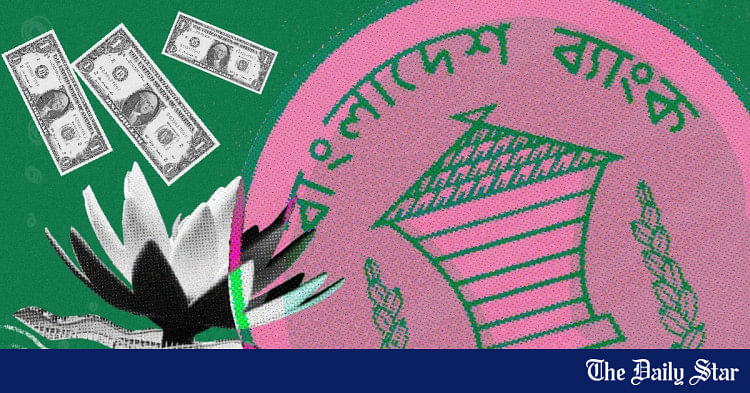
A former governor’s unpleasant truths about the banking sector
Economists are always noted for telling unpleasant truths because they go by numbers, research, theory, and judgement. Rarely do politicians—who can manufacture arguments to suit their purpose—endorse economists who are objective. Former Bangladesh Bank Governor Dr Mohammad Farashuddin has unvei
A former governor's unpleasant truths about the banking sector

FILE VISUAL: REHNUMA PROSHOON
Economists are always noted for telling unpleasant truths because they go by numbers, research, theory, and judgement. Rarely do politicians—who can manufacture arguments to suit their purpose—endorse economists who are objective. Former Bangladesh Bank Governor Dr Mohammad Farashuddin has unveiled some truths about the country's banking sector where regulations have remarkably been relaxed in recent years. Seldom have we seen such blistering comments coming from a governor in Bangladesh's history. Farashuddin's statement, though commendable at a critical moment, creates enormous doubt over whether the government will really pay any attention to it.
The doubt is genuine because the looters are quite well-known to all of us, and they are flocking around the people in power. Not only have they indulged in misdeeds, but they are extravagantly empowered with high positions as well. To the bad luck of the nation, these people have been masquerading as the "true saviours" of the financial industry, if not that of the whole nation. These wolves in sheep's clothing, if not checked, will bring an economy of otherwise high potential down.
It would be a mistake for politicians to label Farashuddin as a supporter of the opposition. He was very well liked by Bangabandhu, who appointed him as his personal secretary. The Awami League government appointed him as governor of the central bank after coming to power in 1996. And most importantly, his performance at the helm of the central bank was academically sound and professionally pro-business.
Few retired bureaucrat-turned governors could do what he did. Dr Farashuddin remained committed to economic knowledge and the country's interest, not the interest of the wilful defaulters whose businesses always pretend to be in the red despite the economy's respectable growth. Sadly, growth is showing signs of a premature slowdown, justifying the clamours of economists who advocate bringing a semblance of law and ethics into business.
The great 18th-century economist Adam Smith once wrote, "Little else is requisite to carry a state to the highest degree of opulence from the lowest barbarism but peace, easy taxes, and a tolerable administration of justice." Smith was so sure about his articulation that he asserted that all the rest would be brought about by the natural course of things once justice is safeguarded. The history of all developed countries has evidently proven that organised financial corruption and economic prosperity can never be siblings. They are mutually exclusive and many politicians in power seem to have brushed the trade-off aside for a game of personal wealth-making and very short-term interest.
Farashuddin's worry in this regard is quite explicit although he seems to be afraid of being mistreated if he speaks against the financial hooligans pampered by power. He literarily resorted to the poignant lines of Rabindranath Tagore—Morite chahina ami sundoro bhubone (I don't want to die in this beautiful world). So subtle was his sense of melancholy and humour.
The truth hidden under his humour points out that if high-scale bank looters are pardoned so easily, the banking sector's future must be cancerous, suggesting the emergence of further plunderers under the political coddling of the regime. His warning rightly echoes that of Dr Wahiduddin Mahmud, former economic adviser to the caretaker government, who allegorically labels the default culture as the rotten heart of the nation.
Some critics have recently labelled Dr Farashuddin's outburst at the seminar of the Economic Reporters' Forum (ERF) as his personal frustration for not being placed in a policymaking position by the regime. This is a defective interpretation of Farashuddin's standpoint. First, we need to judge whether he is statistically right about what he has said. Second, we need to check whether his recommendations don't serve him personally or his business. We get a "yes" in response to both these questions. His concern is that the family-based directorship proposal was passed at parliament without any resolution or debate. In fact, this law has turned many private banks into a mudir dokan—the single family-run petty shops sprawling in villages, fostering a perverse move of private banks from corporate structures to family dynasties.
The sneaky way of passing this family directorship law is the antithesis to the spirit of parliamentary democracy where we hope to see debates over economic policymaking. But there are many members of parliament who never utter a single word about anything during their tenure, while most of them are familiar with the art of accumulating personal wealth at magical speed. Thus, simply addressing the banking sector won't solve the current economic predicament. Parliament and the legal system must function better to make the economy as robust as it was before the pandemic.
Farashuddin is correct in pronouncing that some groups of people are taking bigger slices of the pizza—which we earned through independence. And hence, he is against the trend that brings more retired bureaucrats to politics. It will dampen the quality of bureaucratic services as we have already degraded the quality of our universities by infusing political enthusiasm. He is right in reiterating the unholy triangle of tax dodgers, bank defaulters, and money launderers. They are the same group of people who are dragging the economy to the cliff's edge, and waiting for the time to fly overseas with their trafficked fortunes.
This must be stopped for the sake of the nation where income inequality has been on an unbroken crescendo of unsustainability, defying any sensible records of peer nations. Putting a farmer in jail for defaulting on loans by Tk 1,000, while letting a bank looter sit beside government officials, signal a cancerous future for the financial industry, and Farashuddin's artistic portrayal of the injustice and asymmetry in this regard warrants serious attention from the government.
Dr Birupaksha Paul is professor of economics at the State University of New York at Cortland in the US.
FILE VISUAL: REHNUMA PROSHOON
Economists are always noted for telling unpleasant truths because they go by numbers, research, theory, and judgement. Rarely do politicians—who can manufacture arguments to suit their purpose—endorse economists who are objective. Former Bangladesh Bank Governor Dr Mohammad Farashuddin has unveiled some truths about the country's banking sector where regulations have remarkably been relaxed in recent years. Seldom have we seen such blistering comments coming from a governor in Bangladesh's history. Farashuddin's statement, though commendable at a critical moment, creates enormous doubt over whether the government will really pay any attention to it.
The doubt is genuine because the looters are quite well-known to all of us, and they are flocking around the people in power. Not only have they indulged in misdeeds, but they are extravagantly empowered with high positions as well. To the bad luck of the nation, these people have been masquerading as the "true saviours" of the financial industry, if not that of the whole nation. These wolves in sheep's clothing, if not checked, will bring an economy of otherwise high potential down.
It would be a mistake for politicians to label Farashuddin as a supporter of the opposition. He was very well liked by Bangabandhu, who appointed him as his personal secretary. The Awami League government appointed him as governor of the central bank after coming to power in 1996. And most importantly, his performance at the helm of the central bank was academically sound and professionally pro-business.
Few retired bureaucrat-turned governors could do what he did. Dr Farashuddin remained committed to economic knowledge and the country's interest, not the interest of the wilful defaulters whose businesses always pretend to be in the red despite the economy's respectable growth. Sadly, growth is showing signs of a premature slowdown, justifying the clamours of economists who advocate bringing a semblance of law and ethics into business.
The great 18th-century economist Adam Smith once wrote, "Little else is requisite to carry a state to the highest degree of opulence from the lowest barbarism but peace, easy taxes, and a tolerable administration of justice." Smith was so sure about his articulation that he asserted that all the rest would be brought about by the natural course of things once justice is safeguarded. The history of all developed countries has evidently proven that organised financial corruption and economic prosperity can never be siblings. They are mutually exclusive and many politicians in power seem to have brushed the trade-off aside for a game of personal wealth-making and very short-term interest.
Farashuddin's worry in this regard is quite explicit although he seems to be afraid of being mistreated if he speaks against the financial hooligans pampered by power. He literarily resorted to the poignant lines of Rabindranath Tagore—Morite chahina ami sundoro bhubone (I don't want to die in this beautiful world). So subtle was his sense of melancholy and humour.
The truth hidden under his humour points out that if high-scale bank looters are pardoned so easily, the banking sector's future must be cancerous, suggesting the emergence of further plunderers under the political coddling of the regime. His warning rightly echoes that of Dr Wahiduddin Mahmud, former economic adviser to the caretaker government, who allegorically labels the default culture as the rotten heart of the nation.
Some critics have recently labelled Dr Farashuddin's outburst at the seminar of the Economic Reporters' Forum (ERF) as his personal frustration for not being placed in a policymaking position by the regime. This is a defective interpretation of Farashuddin's standpoint. First, we need to judge whether he is statistically right about what he has said. Second, we need to check whether his recommendations don't serve him personally or his business. We get a "yes" in response to both these questions. His concern is that the family-based directorship proposal was passed at parliament without any resolution or debate. In fact, this law has turned many private banks into a mudir dokan—the single family-run petty shops sprawling in villages, fostering a perverse move of private banks from corporate structures to family dynasties.
The sneaky way of passing this family directorship law is the antithesis to the spirit of parliamentary democracy where we hope to see debates over economic policymaking. But there are many members of parliament who never utter a single word about anything during their tenure, while most of them are familiar with the art of accumulating personal wealth at magical speed. Thus, simply addressing the banking sector won't solve the current economic predicament. Parliament and the legal system must function better to make the economy as robust as it was before the pandemic.
Farashuddin is correct in pronouncing that some groups of people are taking bigger slices of the pizza—which we earned through independence. And hence, he is against the trend that brings more retired bureaucrats to politics. It will dampen the quality of bureaucratic services as we have already degraded the quality of our universities by infusing political enthusiasm. He is right in reiterating the unholy triangle of tax dodgers, bank defaulters, and money launderers. They are the same group of people who are dragging the economy to the cliff's edge, and waiting for the time to fly overseas with their trafficked fortunes.
This must be stopped for the sake of the nation where income inequality has been on an unbroken crescendo of unsustainability, defying any sensible records of peer nations. Putting a farmer in jail for defaulting on loans by Tk 1,000, while letting a bank looter sit beside government officials, signal a cancerous future for the financial industry, and Farashuddin's artistic portrayal of the injustice and asymmetry in this regard warrants serious attention from the government.
Dr Birupaksha Paul is professor of economics at the State University of New York at Cortland in the US.




